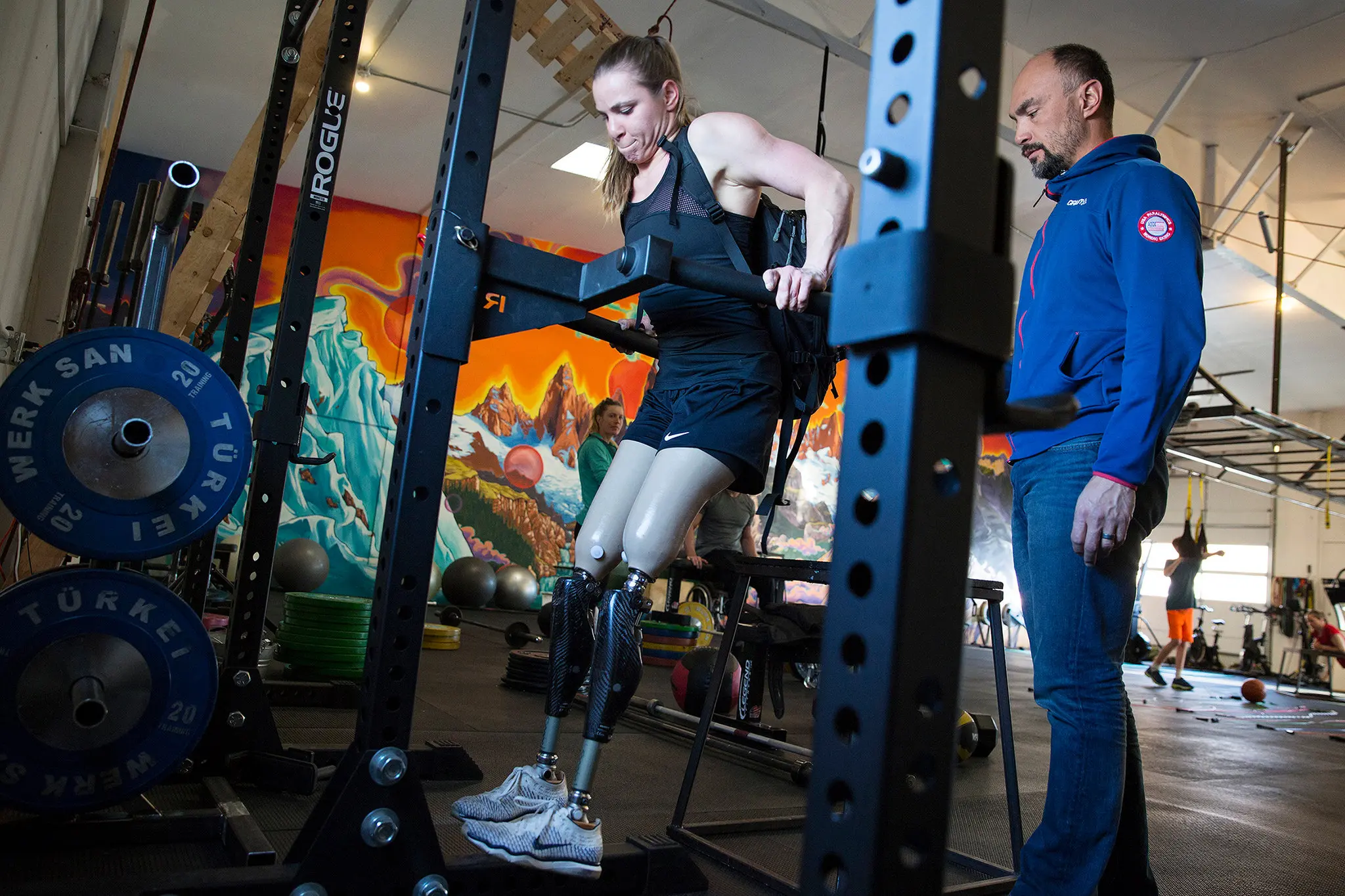Tracy Otto, a 28-year-old from Tampa, Florida, has achieved an extraordinary feat by qualifying for the U.S. Paralympic archery team for Paris 2024. Her journey to the Paralympics is a testament to her resilience and strength after a traumatic attack that left her paralyzed.
In October 2019, Otto was violently assaulted by her ex-boyfriend, resulting in severe injuries that left her paralyzed from the chest down, with limited use of her arms and hands, and the loss of her left eye. The attack, which also involved sexual assault, had a profound impact on her physical and emotional well-being. Otto’s ex-boyfriend was sentenced to 40 years in prison in January 2023 after pleading guilty to multiple charges, including attempted murder and sexual battery.
Despite the severity of her injuries, Otto has remained determined to live an active and fulfilling life. Her path to archery began in March 2021 when she decided to try the sport as a way to stay engaged and find new purpose. Otto adapted quickly, learning to shoot with a specialized harness and using her mouth to release arrows.
Otto’s journey to the Paralympics included a significant achievement last summer when she met the qualification standards by scoring 520 points out of 720 in a series of tournaments. Her qualification was celebrated with an emotional surprise during lunch, where her boyfriend Ricky Riessle presented her with the news. Otto’s achievement is a source of immense pride for her, reflecting a remarkable transformation from her previous life of trauma to one filled with purpose and hope.
The Hecht Museum, known for its policy of displaying artifacts without protective glass, recently faced criticism when a 4-year-old boy accidentally broke a 3,500-year-old Bronze Age jar. The museum defended its policy, emphasizing its commitment to making historical artifacts accessible to the public. Despite the incident, the museum plans to continue its practice and use the restoration process as an educational opportunity.
Otto’s story and the museum incident highlight different facets of resilience and recovery, from personal triumph over adversity to institutional responses to unexpected events. Both narratives underscore the importance of support, adaptation, and perseverance in the face of challenges.










